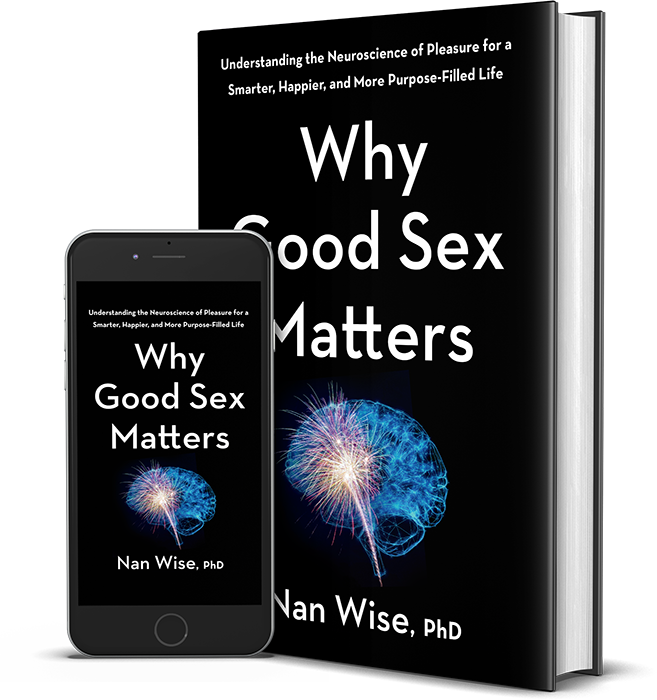How to be OK (for now) when things don’t feel OK.
________________________________________________________________________________________________
KEY POINTS
- In a divided world, managing big emotions constructively can foster growth and strengthen relationships.
- Self-regulation techniques, such as mindful breathing and self-compassion, can help us heal our divisions.
- Conflict can become an opportunity for connection when approached with empathy and curiosity.
________________________________________________________________________________________________
By Limor Gottlieb, Ph.D.
In today’s world, people are deeply divided on many issues—whether in politics, values, or beliefs. These differences often feel personal, and the resulting tension can be overwhelming. Many of us are struggling with fears about the future, including concerns about personal safety, access to rights, and societal treatment of others. It’s natural to feel anxious when the world around us seems uncertain or threatening.
These feelings tell us what matters to us, what we care about, and what we want to protect. It is important to remember that it is natural to feel upset when we perceive a threat to our values or the well-being of others.
Breakdown/Breakthrough
As my dear friend Dr. Nan Wise loves to say, when relationships break down, they are actually working to call attention to how we need to grow as individuals. This creates the opportunity to break through, when we become more fully developed individuals capable of better partnership skills. It is fair to say that we are in a kind of cultural breakdown now as people grapple with big differences that threaten to further divide us as a nation. As sex and relationship psychologists, we know that breakdowns can be opportunities for breakthroughs; for healing, growth, and the strengthening of our intimate bonds.
Just like in intimate relationships, in our bigger communities, we certainly do not agree on everything. People who practice effective partnership skills learn that intimate bonds can grow stronger when conflicts are navigated constructively. Similarly, societal divides present opportunities to reflect, connect, and move forward together. By borrowing relationship tools, we can approach this cultural moment with grounded resourcefulness and self-regulation, fostering better outcomes in both personal and societal relationships.
#1 Tool Is Self-Regulation
Managing tough emotions is a key skill for navigating stress. Self-regulation helps us respond thoughtfully instead of reacting impulsively. Here are some techniques:
- Mindful Breathing: Deep, intentional breaths can lower anxiety and ground you in the present moment. Breathe deeply through your nose, hold for a few seconds, and make your exhalation a bit longer than your inhalation. This will trigger the vagal brake to calm your nervous system.
- Pause and Reflect: When triggered, step back to understand your feelings before responding. This pause can help you avoid regrettable reactions.
- Self-Compassion: Acknowledge that it’s OK to feel upset. Be kind to yourself, reminding yourself that you’re doing your best. This helps prevent spiraling into negative self-talk.
- Physical Activity: Exercise relieves tension and boosts mood. Even a short walk or a yoga session can reset your emotional state.
- Seeking Support: Talking to someone you trust about your feelings can provide relief and perspective.
- Positive Affirmations: Repeating affirmations like “I am safe in this moment” or “I trust myself to navigate challenges” can help ground and reassure you during stress. When paired with deep breathing, this tool is the go-to for helping people navigate stress and heal trauma.
Navigating Conflict
Research from the Gottman Institute offers insights into managing conflict constructively—skills that are useful not only in intimate relationships but also in social interactions:
- Accept Differences: Rather than striving to “win” an argument, view disagreements as opportunities to understand another perspective. Different opinions don’t necessitate hostility; they are part of being human.
- Practice Active Listening: Listen to understand, not to respond. Focus on hearing the other person’s perspective, even if you disagree. Reflecting back their words can clarify misunderstandings and reduce tension.
- Use the 5:1 Ratio: Aim for at least five positive interactions for every negative one. This could be gratitude, kindness, or shared experiences, which help balance conflict and create space for healing.
- Use “I” Statements: Express feelings from your own perspective, such as “I feel anxious about…” rather than “You make me feel anxious.” This avoids blame and fosters openness.
- Take Breaks: In heated situations, step back to cool down. A pause allows for clearer thinking and more constructive dialogue.
- Find Common Ground: Seek areas of agreement to build connection and demonstrate willingness to engage meaningfully despite disagreements.
Building Empathy and Emotional Intimacy
Effective communication, trust, and creating safe spaces for vulnerability are essential in relationships and broader social contexts.
- Respect Boundaries: Not everyone may be ready to engage in a deep or divisive conversation. Respecting their limits fosters mutual understanding.
- Create Safe Spaces for Expression: Create judgment-free zones where others feel comfortable sharing their thoughts without fear of ridicule. This encourages openness and connection.
Cultivating Curiosity
Curiosity, rather than judgment, fosters understanding and strengthens relationships.
- Ask Open-Ended Questions: Instead of “How could you think that?” try “What experiences have shaped your perspective?” This invites sharing and helps build empathy.
- Learn and Explore: Differences can be opportunities to learn about others’ unique experiences rather than obstacles to connection.
Enhancing Vulnerability and Trust
Vulnerability builds intimacy and connection, whether in personal relationships or social interactions.
- Share Personal Experiences: Opening up about your values, beliefs, or fears can humanize you and invite others to share in return. This builds empathy and common ground.
- Be Transparent: Honestly expressing why you hold certain beliefs or fears reduces misunderstandings and strengthens trust.
Embracing Discomfort for Growth
In both relationships and societal conversations, discomfort often signals an opportunity for growth.
- Tolerate Discomfort: Just as couples grow through difficult conversations, society can grow through addressing sensitive topics constructively.
- Adopt a Growth Mindset: View conflict not as a threat, but as a chance to strengthen relationships and communities.
By applying these principles, we can navigate our divisions more effectively, fostering connection, understanding, and resilience in both personal and societal contexts. We need to remember that by releasing our judgmental attitudes and finding the understandable part of others’ perspectives, we can live and love more effectively.




